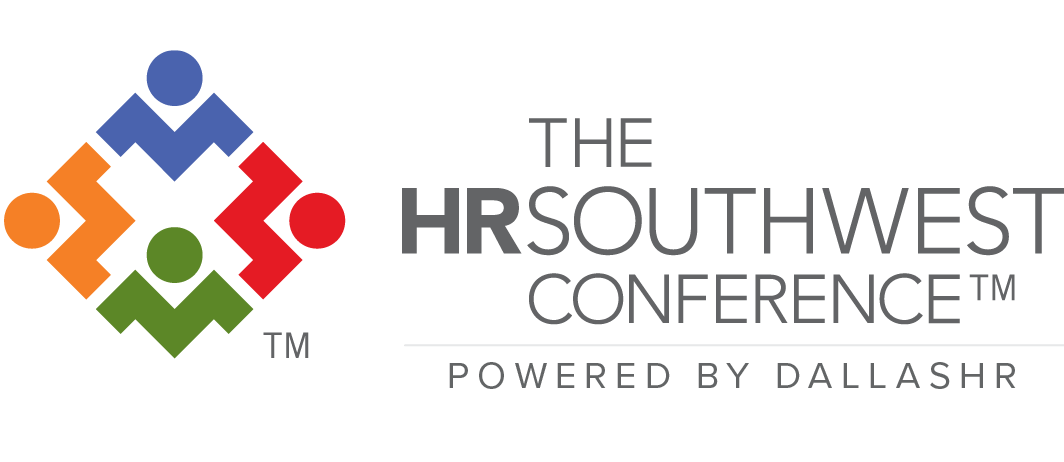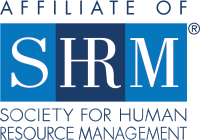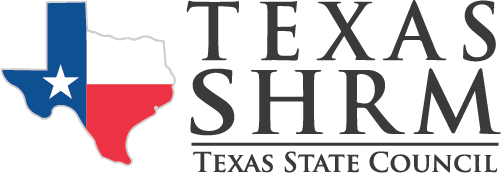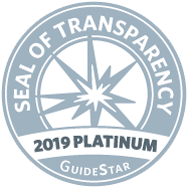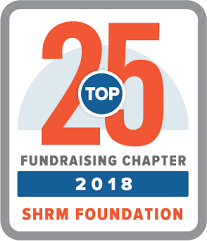
Dallas HR Webinars

Employment Law & Labor Relations
Maintaining compliance and remaining compliant with the latest changes in labor legislation. Developing, implementing/administering and evaluating the workplace in order to maintain relationship and working conditions that balance employer/employee needs and rights in support of the organization’s goals and objectives. Also includes a focus on California specific legal requirements.
55 Results
-
Contains 3 Component(s), Includes Credits Recorded On: 10/29/2019
Understanding the legal implications of tests and other employment practices is critical for HR professionals. An employer can’t intentionally discriminate, but, in the vast majority of claims brought under the 1991 Civil Rights Act’s Title VII or Uniform Guidelines on Employee Selection Procedures (41 CRF 60-3) – the only way to challenge a practice is to claim it’s discriminatory – intentional discrimination is not alleged. Most claims are triggered statistically by adverse impact – that it caused a protected group to be under-selected – despite employer commitment to EEO. This sessionwill demonstrate the two ways a practice can be discriminatory within how anti-discrimination law evolved into Title VII and the Uniform Guidelines, with many firsthand case examples; differences between the two legal standards; and basic exam legal defensibility, while humorously debunking legal defensibility myths. Learning Objectives: Understand basic legal defensibility at the lay level to be proactive to mitigate potential employment practice liability; Debunk EEO compliance myths through examination of case examples and learn what not to do to mitigate liability; Become aware that the federal government doesn't always know what they're supposed to be enforcing.
-
Register
- Non-Member - $34
- Member - $19
- More Information
-
Register
-
Contains 3 Component(s), Includes Credits Recorded On: 10/29/2019
While HR professionals may have enjoyed the recent slowdown in regulatory action under the Affordable Care Act, plenty of compliance considerations remain for those that work with cafeteria plans and group health plans. We’ll look at the latest-and-greatest as it pertains to topics such as association health plans, wellness regulations, the contraceptive mandate, and general agency enforcement to ensure HR professionals are ready to become a trusted advisor to employees through the next phase of employee benefits. Learning Objectives: Understand key regulatory and legislative actions from the past year that affect compliance for cafeteria plans and group health plans; Recognize inherent risks of noncompliance for employee benefit programs based on agency enforcement activities from the past year; Serve as a trusted advisor to the company in the event an IRS penalty is proposed for alleged noncompliance with the employer mandate provisions applicable to large employers.
-
Register
- Non-Member - $34
- Member - $19
- More Information
-
Register
-
Contains 3 Component(s), Includes Credits Recorded On: 10/29/2019
The interplay of the Family and Medical Leave Act (FMLA), the Americans with Disabilities Act (ADA), and state workers’ compensation laws continues to cause compliance issues for many employers. Employees with injuries or illnesses may have rights under more than one statute. Add to that the protections of the Genetic Information Nondiscrimination Act (GINA), and the challenge of compliance for employers is even greater. Session participants will gain insights and practical steps to help chart a course to reducing your legal risk. Learning Objectives: Communicate an overview of the laws; Address common problems occurring under these laws; Navigate these legal issues successfully to support your organization and reduce your legal risk.
-
Register
- Non-Member - $34
- Member - $19
- More Information
-
Register
-
Contains 3 Component(s), Includes Credits Recorded On: 10/28/2019
In today's workplace and with today's workforce, employers often try to be the "cool" employer to attract and retain top-notch talent, including the younger workforce. This means games in the workplace, casual attire, flexible work arrangements, digital presence employees, social media and more. With these efforts comes an increased fear of liability and non-compliance with applicable employment laws. How can employers provide these benefits and be the "cool" employer without getting burned by administrative charges, audits and lawsuits? Believe it or not, it can be done! It just takes proper planning and a strong familiarity with the employment laws at play. Learning Objectives: Stay legally compliant when providing enhancements to your company culture; Learn which handbook policies should be updated or amended to reflect the changing workplace; Understand misconceptions surrounding company culture and staying legally compliant.
-
Register
- Non-Member - Free!
- Member - Free!
- More Information
-
Register
-
Contains 3 Component(s), Includes Credits Recorded On: 10/28/2019
Recent headlines have drawn marked attention to sexual harassment. The reports have provoked strong reactions, from anger to fear to uncertainty. Many leaders and employees are looking to their companies’ human resource professionals for guidance and help. This session will define unlawful sexual harassment; describe procedures for investigating a complaint, and share ideas for training and prevention. With this information in mind, HR professionals will be better able to address both time-sensitive questions and longer-term strategic goals. Learning Objectives: Define what unlawful sexual harassment is, and what it isn't; Understand procedures for investigating a complaint; Train employees and help prevent sexual harassment.
-
Register
- Non-Member - $34
- Member - $19
- More Information
-
Register
Per SHRM and HRCI recertification guidelines, online content is eligible for recertification credit for two years from date of capture. Content will expire based on the following schedule:
- 2019 Conference Expiration Date: October 31,2021
- 2018 Conference Expiration Date: October 1, 2020
| Access Date | Quiz Result | Score | Actions |
|---|
Instructions for Signing In
Please sign in to the Online Learning Center with your DallasHR.org Username and Password. All attendees of the HRSouthwest Conference have credentials to sign in, even if you've never signed into the DallasHR website. Click "Log In" above and then choose "Forgot my Username". Enter the email address used to register for the conference and you'll receive instructions from info@dallashr.org
Question? Please email education@dallashr.org

